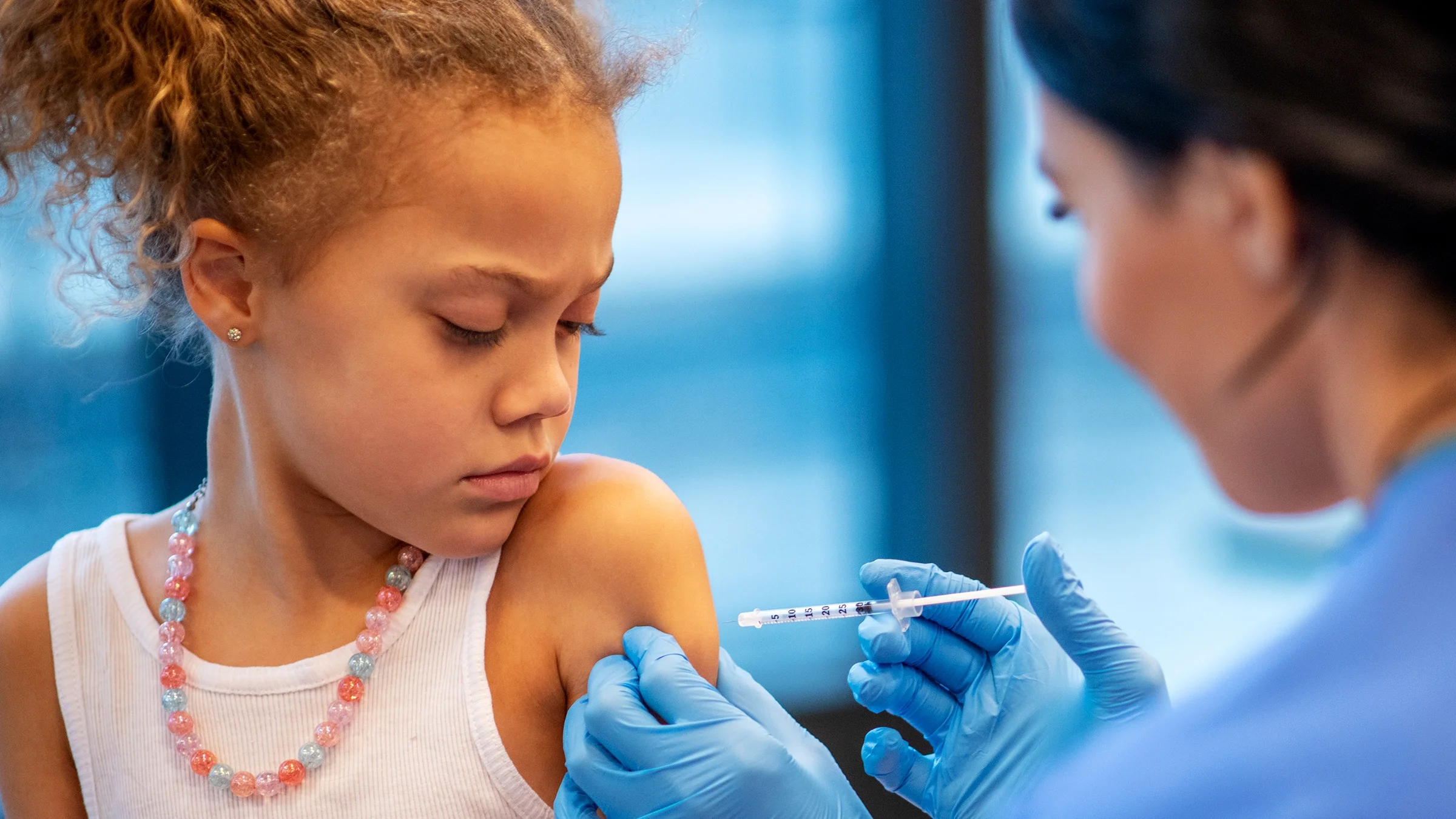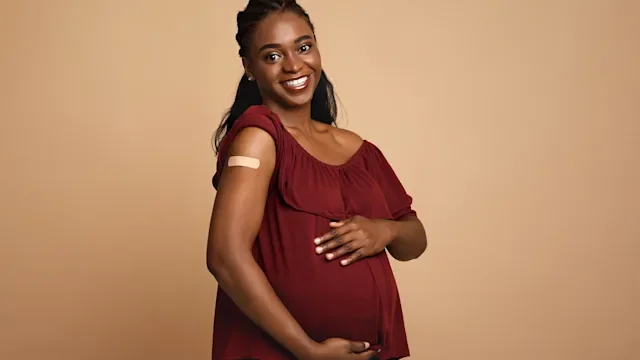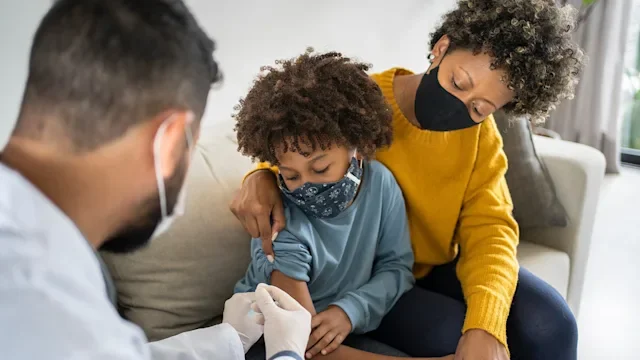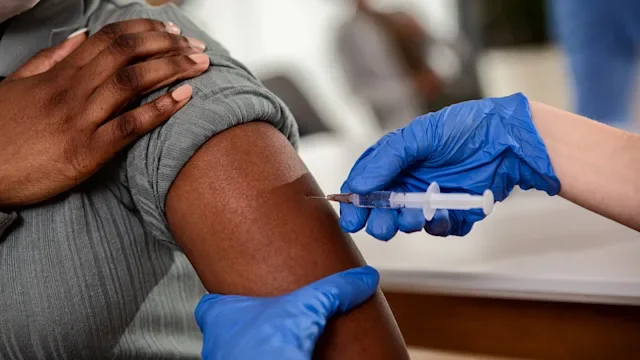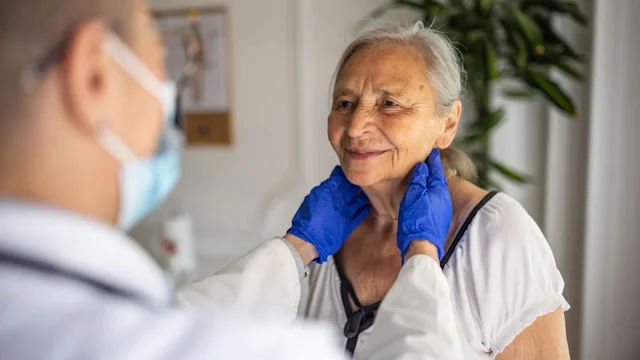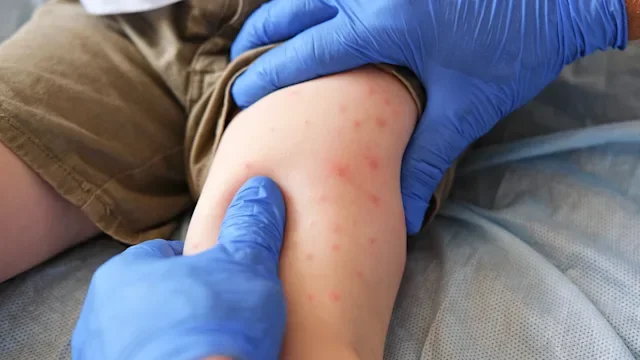Key takeaways:
Although uncommon, it’s possible to get chickenpox after being vaccinated. This is known as breakthrough chickenpox.
Symptoms of breakthrough chickenpox are usually milder, with fewer lesions. These symptoms also tend to last a shorter period of time.
It’s recommended to have two doses of the varicella vaccine to be fully vaccinated. Breakthrough chickenpox is more likely to happen if you only received one dose of the varicella vaccine, rather than two.
Getting the varicella vaccine is one of the most effective ways to prevent chickenpox. But it’s not 100% guaranteed that you won’t get the infection. Since the introduction of the vaccine in 1995, and the booster in 2006, the incidence of chickenpox has decreased by 97%. Although rare, it’s still possible to get chickenpox after vaccination.
Let’s take a closer look at the factors that make getting chickenpox more likely after being fully vaccinated, and what you should do if you develop symptoms.
What is chickenpox?
Chickenpox is a highly contagious rash caused by the varicella-zoster virus. It’s spread when tiny droplets of the virus enter the air through coughing or sneezing or through physical contact with the rash. Chickenpox is considered a common childhood illness, but adults can get chickenpox, too.
Chickenpox looks like small red bumps that turn into itchy blisters. The chickenpox blisters can be widespread — ranging from 200 to 500 in number. They can cover the entire body and last about 5 to 10 days. Other symptoms of chickenpox include:
Fever
Cough
Headaches
Fatigue
Decreased appetite
Fussiness
How serious is a chickenpox infection?
Chickenpox infection is usually not serious — especially in healthy children. But some people are at higher risk of serious complications. This can include:
Infants
Teens
Adults
Pregnant women
People who have a weakened immune system
In rare cases, serious complications can develop, such as:
Pneumonia (infection in the lungs)
Encephalitis (swelling of the brain)
Birth defects
Skin, blood, and bone infections
Dehydration
Death
Can you get chickenpox after being vaccinated?
It’s possible to still get chickenpox after being vaccinated. Although most people who are fully vaccinated will have protection for life, some can still get the disease. An infection in a vaccinated person is called breakthrough chickenpox.
Read more like this
Explore these related articles, suggested for readers like you.
Breakthrough chickenpox occurs when you get an infection at least 6 weeks after your vaccination. Fortunately breakthrough chickenpox is rare — affecting less than 10% of vaccinated children.
This may happen more readily if you aren’t fully vaccinated with two doses of the vaccine. The current recommendation for full vaccination is as follows:
For young children, the first vaccine dose should be between the ages of 12 and 15 months. The second dose should be given between the ages of 4 and 6 years old.
For people older than 13 years (who have never had chickenpox), two doses should be given 28 days apart.
If you’ve only received one dose of the varicella vaccine you may be more likely to have a breakthrough chickenpox infection. And you may be more symptomatic from your infection as well.
How is chickenpox different if you’re vaccinated or unvaccinated?
If a vaccinated person gets breakthrough chickenpox, the illness is generally much milder. In general, you can expect to recover faster and have a less severe infection than if you were unvaccinated. This may typically look like:
Chickenpox infection in vaccinated people | Chickenpox infection in unvaccinated people | |
How long does it last? | 1 to 4 days | At least 5 to 10 days |
Number of blisters? | Fewer than 50 blisters, or no blisters at all | 200 to 500 blisters |
Any other symptoms? | Mild to no fever at all | High fever Fatigue Headache Decreased appetite |
What should you do if you have symptoms of chickenpox after being vaccinated?
If you develop symptoms of chickenpox, there are some effective over-the-counter (OTC) and home remedies you can use. You can treat the itching of chickenpox with:
Wet compresses
Oatmeal baths
You’ll also want to keep your hands clean and nails clipped to prevent infection from scratching.
Because breakthrough chickenpox is still contagious, you should isolate yourself until the rash goes away. This is especially true if you have contact with infants and those with weakened immune systems. You’re no longer considered contagious once it has been 24 hours since any new lesions or blisters have formed.
The bottom line
Vaccines have been highly effective in protecting against chickenpox infections. Two doses of the vaccine will provide lifelong protection for most people. But some people can develop a breakthrough chickenpox infection. Fortunately, this is rare and doesn’t happen very often. While breakthrough infection is still contagious, symptoms are generally milder and last a shorter period of time.

Why trust our experts?


References
Centers for Disease Control and Prevention. (2021). Chickenpox vaccination: What everyone should know.
Centers for Disease Control and Prevention. (2021). Prevention and treatment.
Centers for Disease Control and Prevention. (2022). About chickenpox.
Centers for Disease Control and Prevention. (2022). Vaccine (shot) for chickenpox.
Centers for Disease Control and Prevention. (2023). For healthcare professionals.
Immunize.org. (2023). Varicella (chickenpox): Questions and answers.
Infectious Diseases Society of America. (2022). Chickenpox now rare in U.S. due to routine vaccination.
Newman, A. M., et al. (2019). Myths and misconceptions: Varicella-zoster virus exposure, infection risks, complications, and treatments. Clinical Therapeutics.

